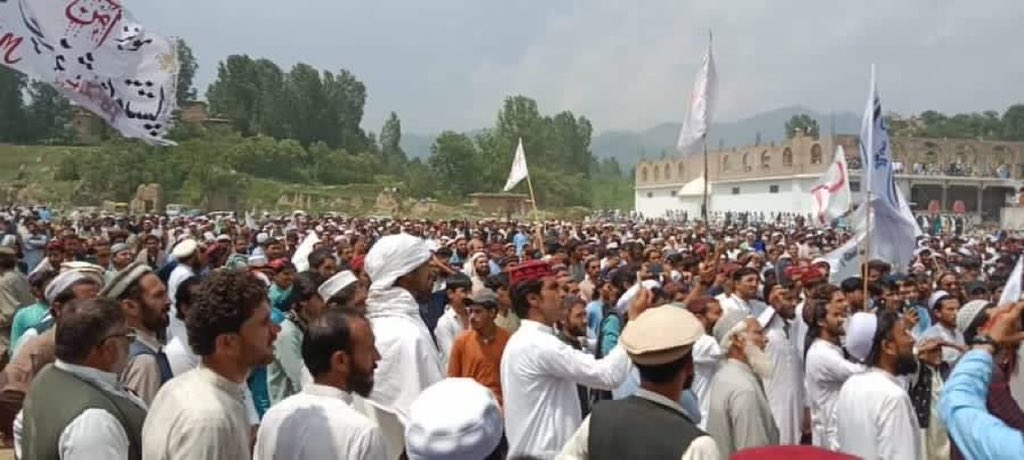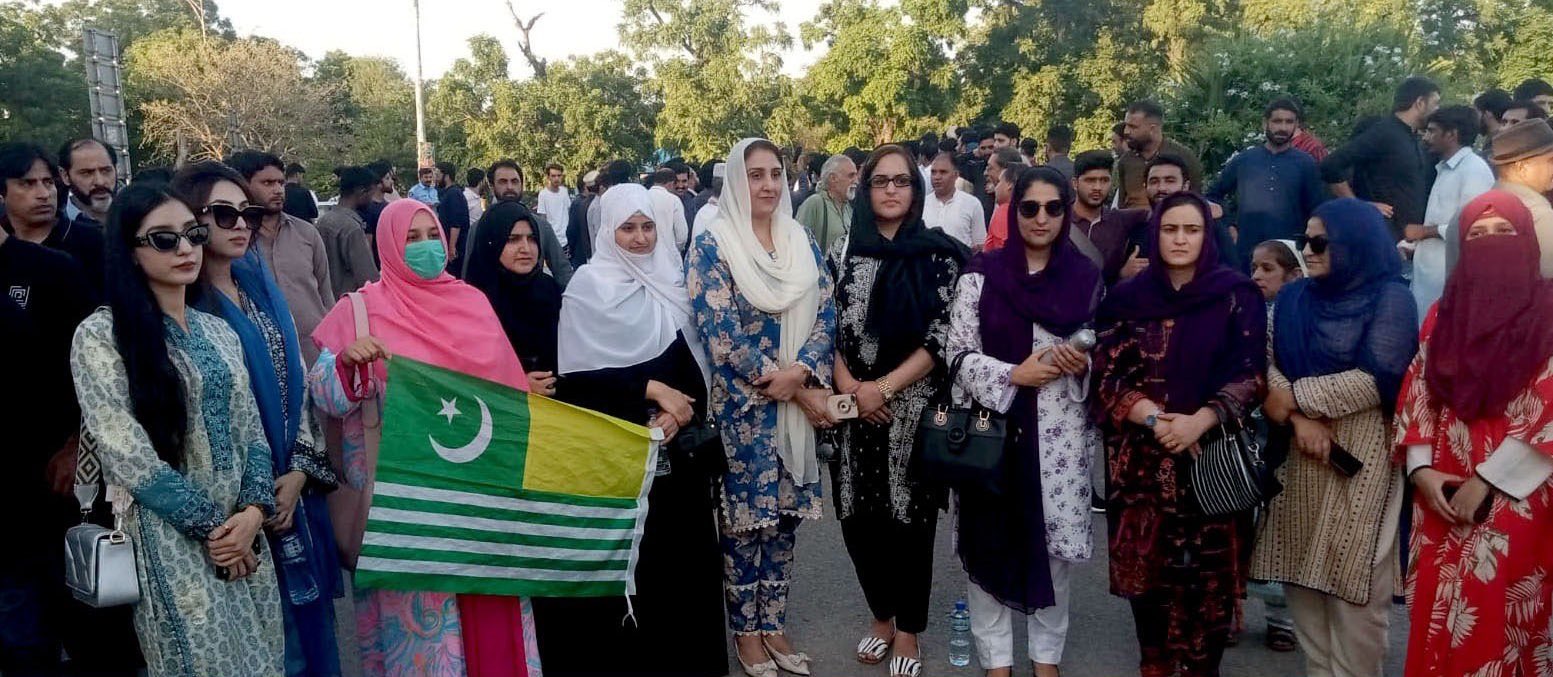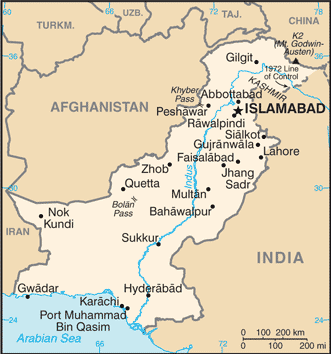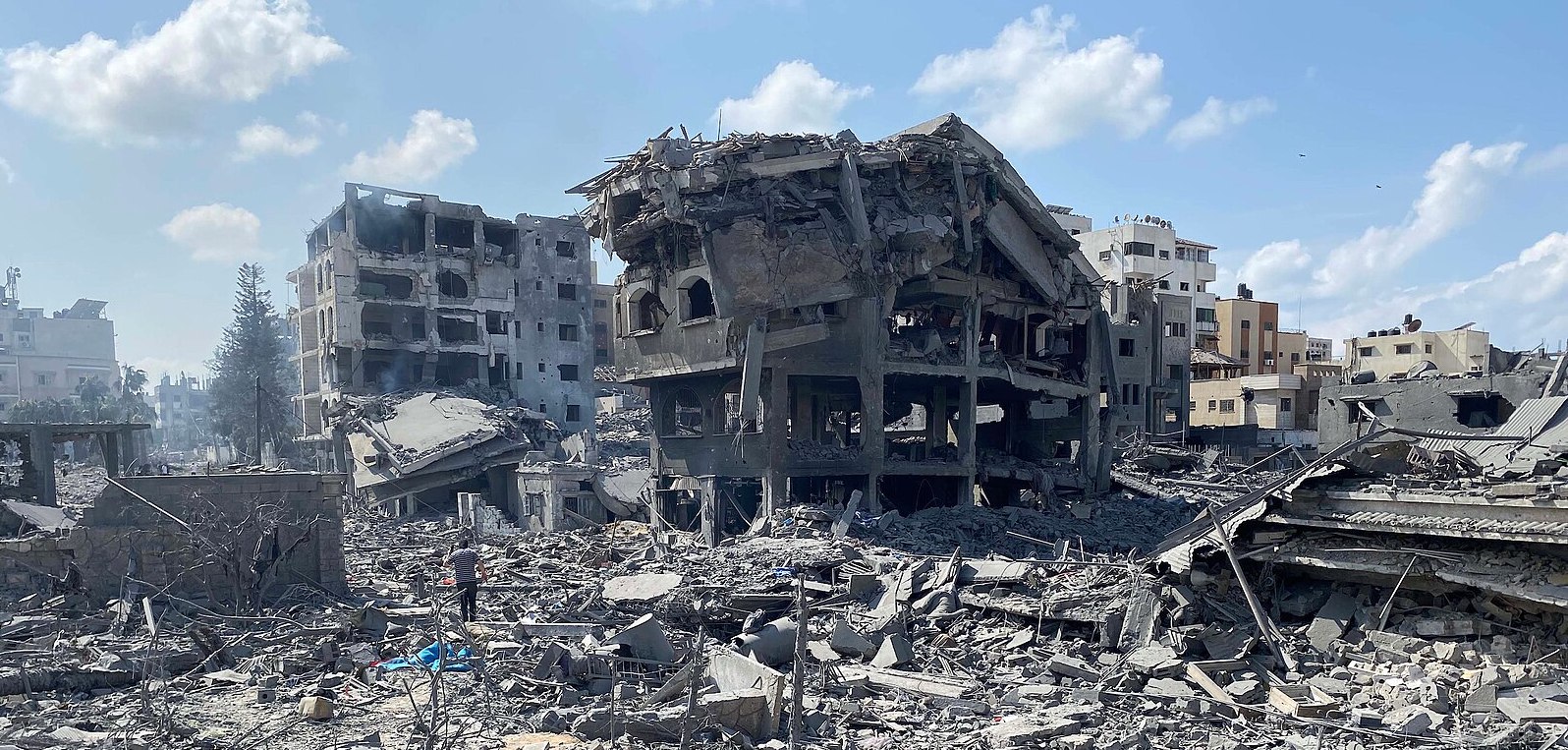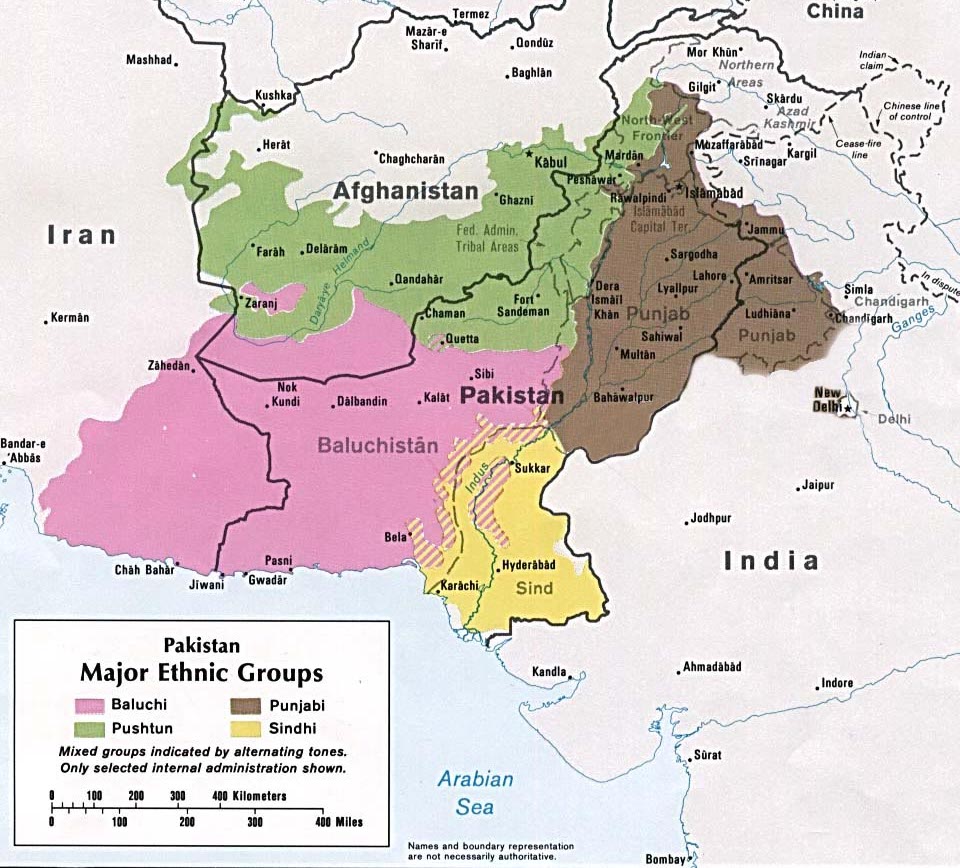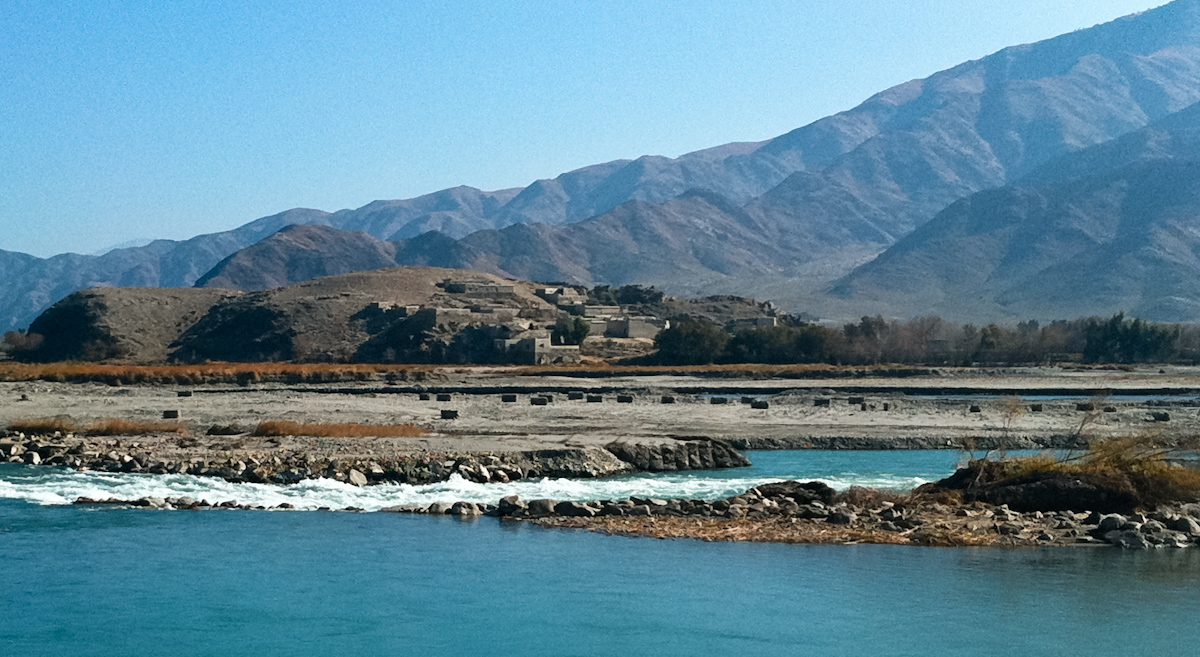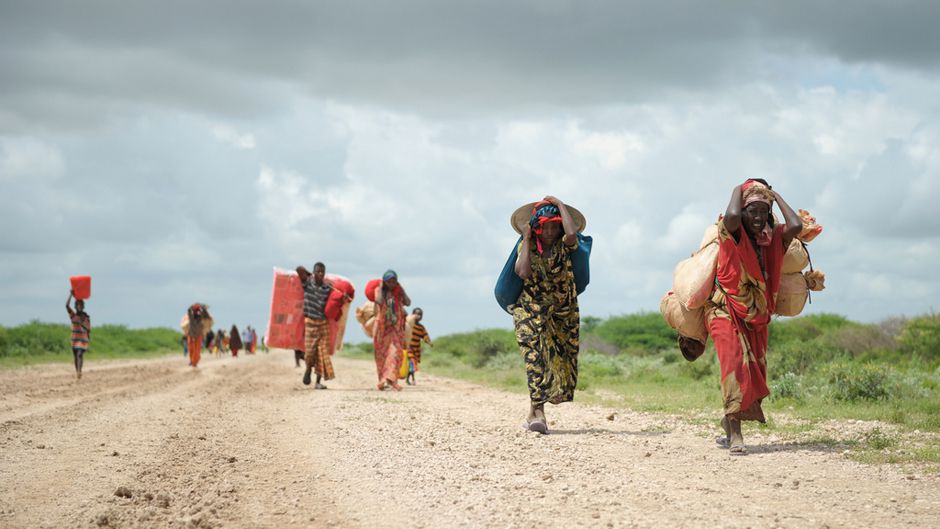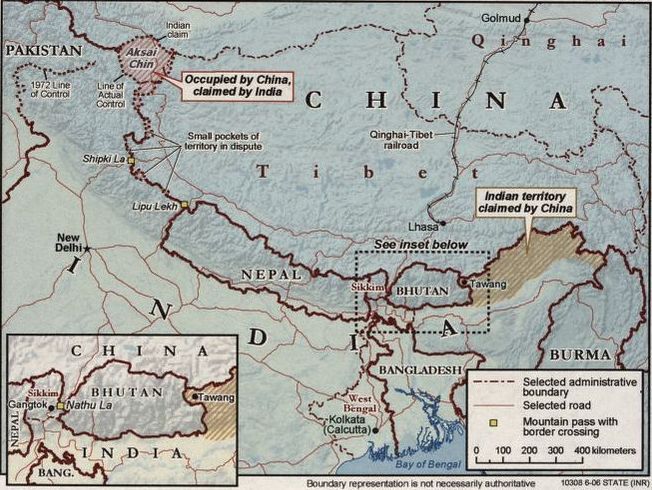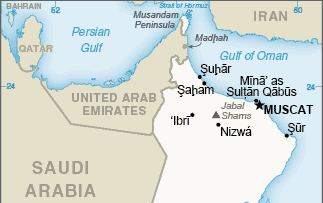
ISIS claims Ashura mosque massacre in Oman
Nine people were killed, including three attackers, and 30 more wounded as gunmen opened fire on worshippers outside a Shi’ite mosque in Wadi al-Kabir district of Muscat, the capital of usually peaceful Oman. The assailants reportedly shouted as they fired, “You non-believers, this is your end!” Four Pakistani nationals and a police officer were among those killed. The Islamic State group (ISIS) claimed responsibility the attack, which occurred during the Shi’ite holy month of Ashura. ISIS released a video showing three men holding rifles and their black flag, boasting of “the targeting of the Rafida,” a pejorative term for Shi’ites. (Map: PCL)



